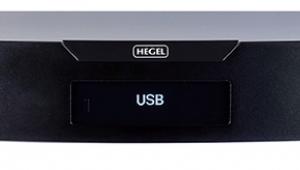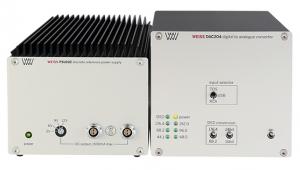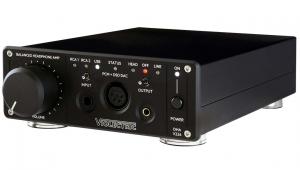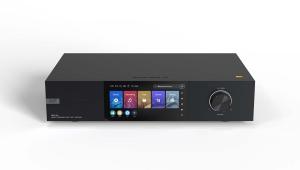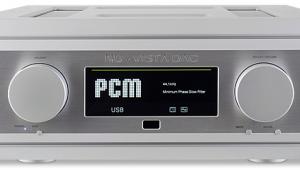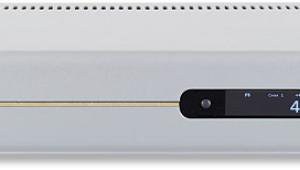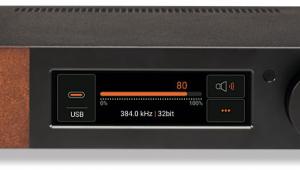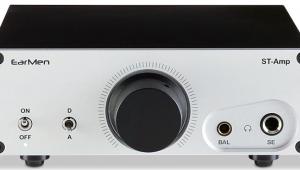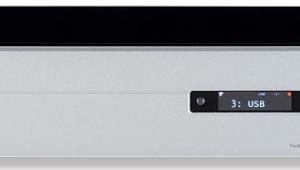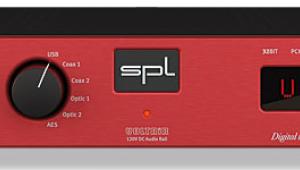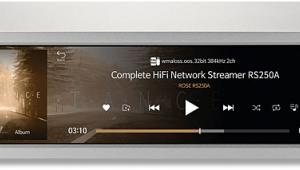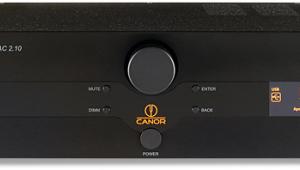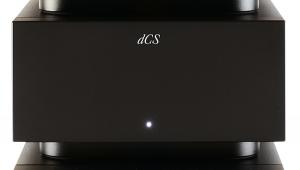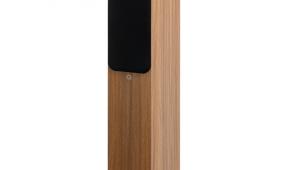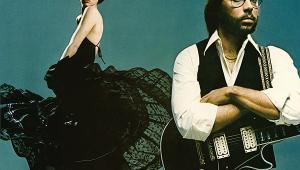dCS Bartók Network DAC/Headphone Amp Bespoke Bits
With the 'rest of the world' building their digital platforms around one of a few very high quality DAC solutions from the likes of ESS Technology, Burr-Brown (Texas Instruments), Asahi Kasei and Crystal (Cirrus Logic), brands looking for more control, and individualism, in their digital engineering must turn to custom DAC algorithms running on powerful, multi-core processors such as those from the Analog Devices' SHARC family. Chord Electronics' WTA filter/Pulse Array DAC [HFN Apr '16] is a well-known example of this bespoke approach, but dCS's own Ring DAC technology dates back still further to 1991.
In practice the Bartók's Ring DAC aims to combine the monotonic conversion of a genuine 'single-bit' DAC with the operation of a PWM bitstream-style converter. Instead of truncating incoming data to a stream of single bits, dCS reduces LPCM (and converts DSD) to an average of 4.6 bits whose 24 possible values are mapped to the 48 'identical' current sources that comprise the Ring DAC. In a traditional PWM DAC the 'bitstream' is used to control the length of time a single current source is held open or closed. However, dCS uses 48 current sources and these can never be truly identical in size, so the mapping of bits to current sources is randomised. Fixed errors, that would otherwise appear as harmonic distortions, are also randomised and manifest as a benign increase in noise. PM
